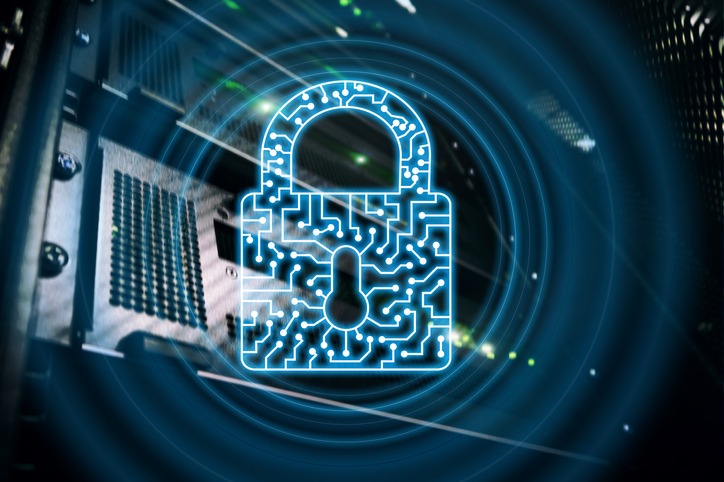Online teaching plays a vital role in students’ life, and when it comes to security, every student must have Sufficient knowledge about security tips. Students spend most of their time surfing the internet, so it is essential to know what things could put them into trouble. It’s necessary to know about cyber security tips, and nowadays, cyber crimes are at their peak. Therefore, to ensure every student’s safety, we are listing crucial cyber security tips to help your child surf safely.
Use Encrypted Websites and Apps
Any data sent online should be end-to-end encrypted. It keeps your data safe from any mishappening.It is advisable to use only those websites whose URL begins from “HTTPS,” look for privacy policies and the best software for online teaching that is entirely safe.
Create Unique Password
your password for any website or apps you use should be strong and unique. Try to set those passwords which contain letters, numbers, special characters, etc., because a weak password might cause you trouble.
Think Before You Click
It has been seen that students of all age groups are spending a lot of time on the web. So this is one of the essential tips for the students. Usually, hackers and network snoopers send unwanted links which might cause you trouble. So! You should never click on those unwanted links that flash on your screen or avoid replying to the messages that come from an unknown source.
Be Careful
Sharing anything personal could put children in big trouble. For example, students should try sharing pictures of their pan card, bank details, driving license, etc. Sharing such information might be used by third parties for illegal works. So! Be safe while sharing details.
Secure Your Social Media
Students on social media should know the importance of securing their social media. You can watch what data is shared and with whom with the help of your privacy setting. For example- “visible only to friends” options on your facebook’s privacy setting protects data sharing with strangers. Similarly, you can secure your Twitter account with the help of the “protected” option.
Use a VPN
VPN protects students’ internet from hackers and network snoopers who seek to hack their passwords and other important information. VPN also protects unsecured WiFi connections for students working from cafes, homes, coffee shops.
Be Watchful About Phishing Scams
News of scams related to phishing emails comes every day; students can keep themselves protected from such email scams just by practicing and applying common sense. Never share any details regarding bank details, card no, etc., over any request.
Use Lock for Your Devices
Lock up, and shut up; always keep your devices like mobile phones, laptops, tablets, etc., to yourself and safe. Never forget to close your devices after using them because they could be used by another person and misuse your personal information. You can protect your device from others by applying a strong password.
Check Out Terms and Conditions
students using apps or any social media platforms should always go through the terms and conditions of that app or social media platform before signing. Many hackers could go through your contacts with these apps. So! Be careful while signing and giving access to any unknown apps.
Do not Use Unsecured WiFi Sources
students should avoid using unsecured WiFi when in public places as their data might get trapped by hackers. Always connect to the secured and safe WiFi and with the known source.
Final Words
So! the Above mentioned are some of the critical cyber security tips that every student should know. I hope that these tips will protect you and your data from being hacked by hackers and third parties.

